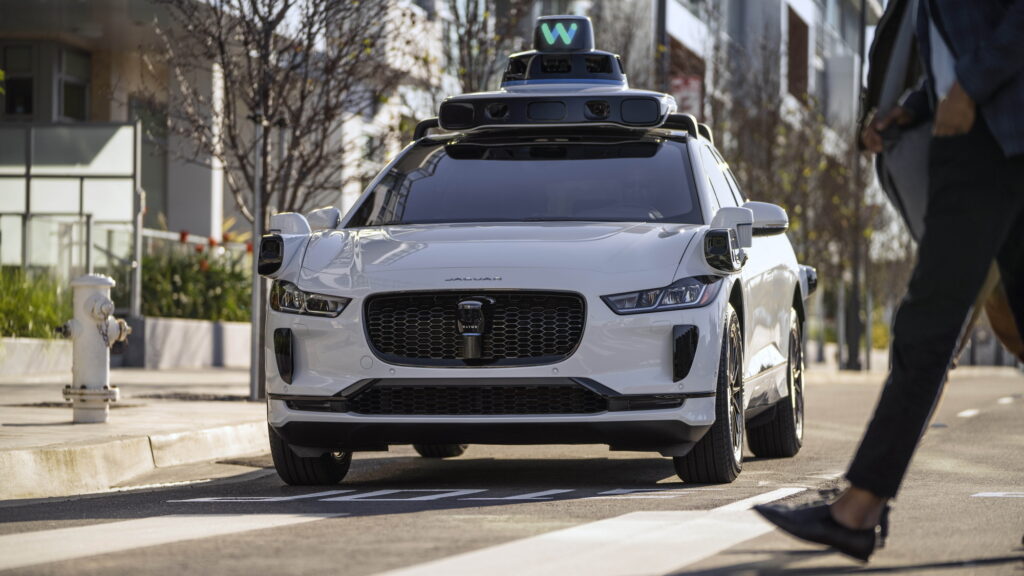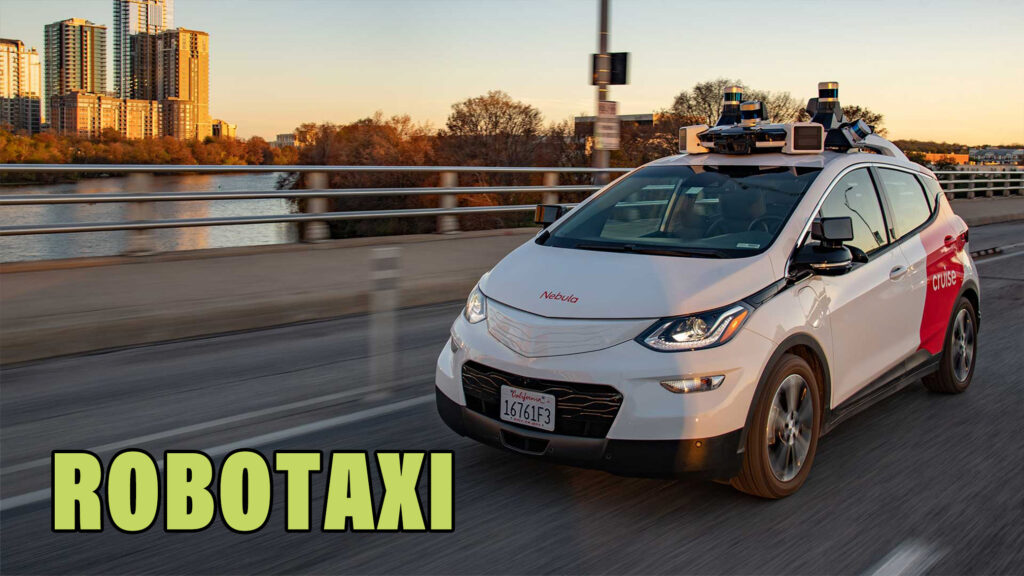Thursday was a bad day for budding cabbies in San Francisco and a great one for supporters of the autonomous car movement. California regulators voted to allow two robotaxi firms operating in the city to massively expand their operations despite concerns over safety and opposition from a section of the local community.
The California Public Utilities Commission voted three to one in favor of granting Cruise, which is part-owned by GM, and Waymo the right the offer its services around the clock, seven days a week. Currently, both companies only offer limited services, but the new permit allows them to put as many robotaxis on the road as they want.
Though the taxis have received plenty of news coverage for getting stuck on foggy streets, crashing into buses, and causing traffic snarl-ups by stopping for no reason and blocking the path of other traffic, the Commission decided that the autonomous cabs could help make the city’s streets safer.
Not everyone agrees. Auto News says the San Francisco Fire Department, Police Department, and Municipal Transportation Agency told the Commission that “Driverless AVs are not ready to scale in San Francisco,” and that “Giving Cruise & Waymo authority to expand at their own discretion does not serve public safety.”
Related: Cruise Bringing Robotaxis To Nashville, Says Tech Is So Advanced It Now Improves Without Human Input

There were also points raised by opposition campaigners about the services a human driver can offer but a computer one can’t.
“Can they load and secure mobility aids like wheelchairs and walkers? Can a driverless car spot a blind passenger waiting? Can it call out to that blind passenger that it has arrived to pick them up?” Tech Crunch reports Laura Massey, a member of San Francisco’s Paratransit Coordinating Council, saying.
Last month members of the protest group SafeStreetRebel began a sabotage campaign against the robotaxis, encouraging like-minded residents to place traffic cones on the hoods of the self-driving cars to immobilize them.
Though the ruling is only focused on the robotaxi firms’ operations in San Francisco, it’s being seen as a seismic moment for the world as a whole, one which is struggling to get its head around the possibilities and potential pitfalls of automation.




